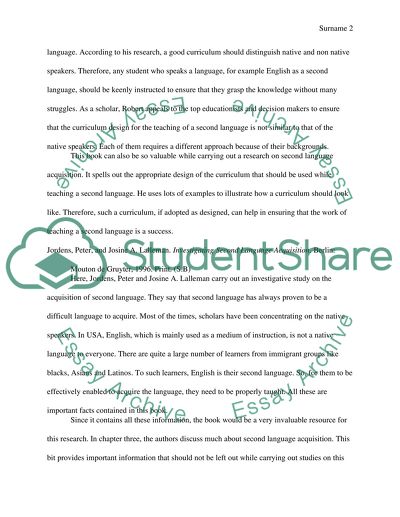Cite this document
(“The politics of language/Language issues Annotated Bibliography”, n.d.)
Retrieved de https://studentshare.org/english/1684012-the-politics-of-languagelanguage-issues
Retrieved de https://studentshare.org/english/1684012-the-politics-of-languagelanguage-issues
(The Politics of language/Language Issues Annotated Bibliography)
https://studentshare.org/english/1684012-the-politics-of-languagelanguage-issues.
https://studentshare.org/english/1684012-the-politics-of-languagelanguage-issues.
“The Politics of language/Language Issues Annotated Bibliography”, n.d. https://studentshare.org/english/1684012-the-politics-of-languagelanguage-issues.


